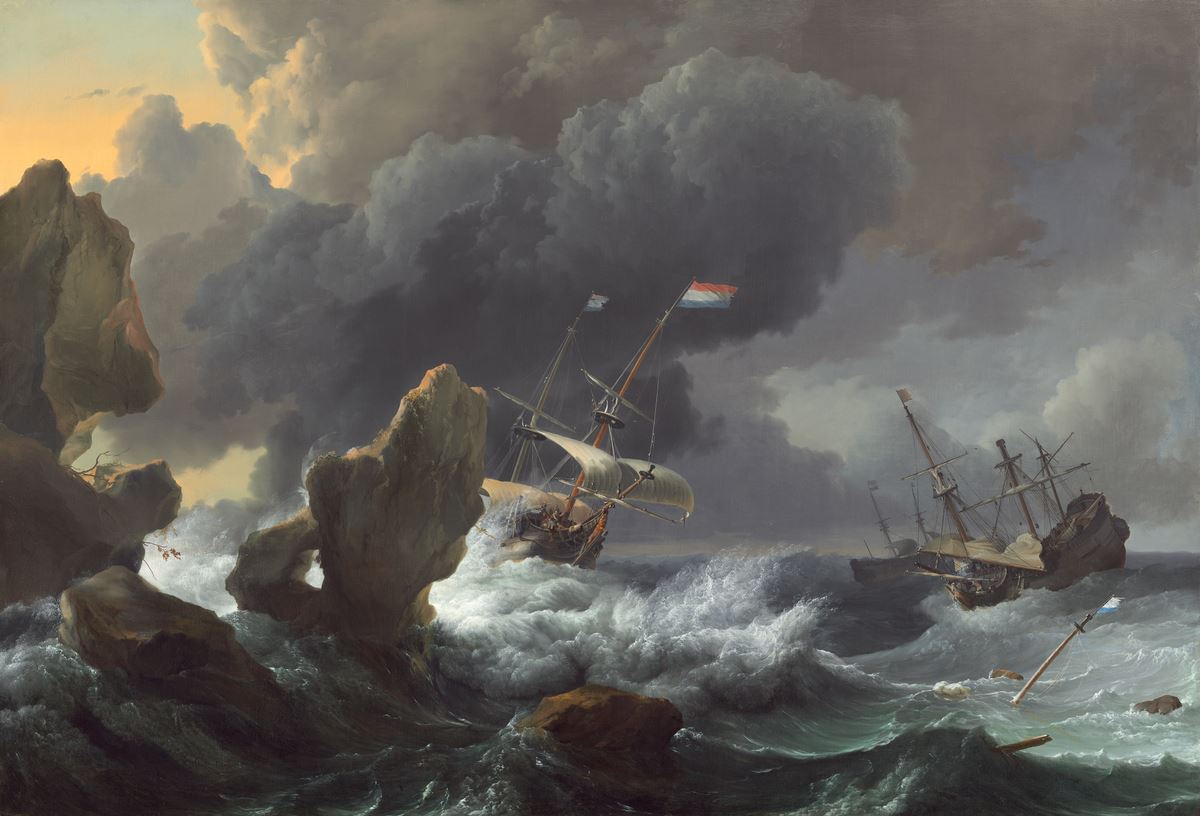In 1565, during a battle between France and Spain, the French vessel La Trinité set sail from France to Florida with an eye toward curtailing Spain’s foothold in the New World. Unfortunately, La Trinité sank in Cape Canaveral on the northeast coast of Florida before it could finish this mission. The wreck remained hidden in those waters until 2016 when salvor Bobby Pritchett discovered the ship, a discovery that triggered a complex legal battle over the cannonball, pickaxe, and ballast stones that lay inside the ship.

Sunken Military Craft Act
As an opening gambit in Florida federal court, the French government claimed ownership of the artifacts exhumed from La Trinité under the U.S. Sunken Military Craft Act of 2004 which allows the originating country of embarkation to claim ownership of any military vessel embarked on a military mission. In 2018, the admiralty division of the U.S. district court in Florida ruled in favor of France and allowed the French government to claim the lost relics of La Trinité, marking the first time a foreign country had successfully secured protection under the Sunken Military Craft Act.
The saga continued, though, when Pritchett turned his focus to the state government of Florida. Prior to the La Trinité case, standard Florida practice provided for the profits of a shipwreck discovery to be divided between the salvor (80%) and the state government (20%). So, instead of appealing the admiralty division’s decision, Pritchett launched a new suit against the state of Florida for intellectual property violations, citing the improper sharing of GPS coordinates of La Trinité with France without his knowledge. He claimed that his company amassed the archeological knowledge by documenting the locations and photographs of everything they surveyed for 10 years. In the end, Pritchett was unsuccessful and was ordered to return the artifacts from the shipwreck to the Florida Department of State. Florida and France then declared that they would enter into a research partnership.
Other Legal Protections
In addition to the Sunken Military Craft Act, governments can potentially find protections of their underwater cultural artifacts under the Abandoned Shipwreck Act and the UNESCO Convention on the Protection of the Underwater Cultural Heritage. The Abandoned Shipwreck Act grants ownership of abandoned or embedded ships to the state that owns the land in which the ship is embedded, and states are allowed to institute a permit system for underwater archaeology. The UNESCO Convention provides explicit protection to underwater cultural heritage which is defined as a “trace of human existence at least partially under water periodically for at least a century.”
The Future
To further archaeological care of artifacts, current legal developments in underwater cultural heritage such as the La Trinité case have begun to depart from a system that previously favored the salvors.
Additionally, similar to many of the global challenges the courts face in the 21 st century, technology advancements in in radar, sonar, scuba diving, detection equipment, computers, and GPS will undoubtedly play a significant role in shaping the future of underwater cultural heritage.
